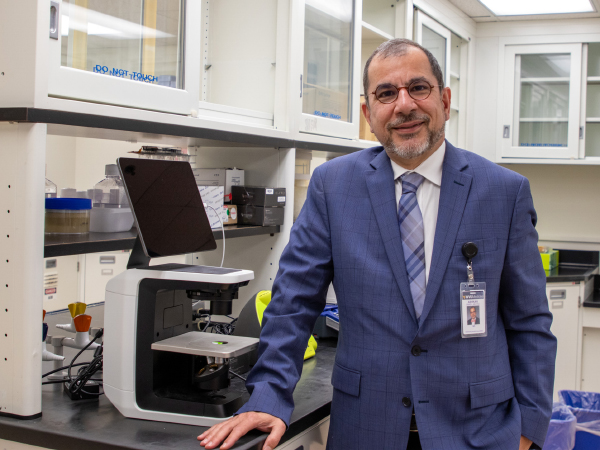Immunotherapy has changed the course of blood cancers and melanomas, but is stubbornly ineffective for the treatment of most epithelial solid cancers—the cancers that kill about 90% of the more than 600,000 Americans who die of cancer each year.
To access this subscriber-only content please log in or subscribe.
If your institution has a site license, log in with IP-login or register for a sponsored account.*
*Not all site licenses are enrolled in sponsored accounts.
Login Subscribe
If your institution has a site license, log in with IP-login or register for a sponsored account.*
*Not all site licenses are enrolled in sponsored accounts.
Login Subscribe










